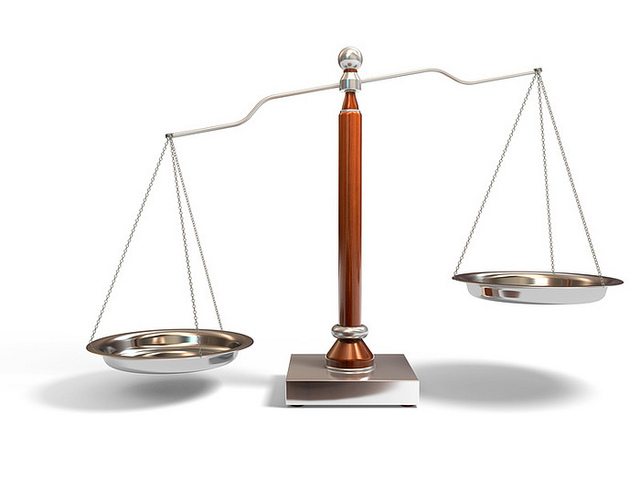More than half of all U.S. businesses (53%) are run from home. If you are one of these home business owners, you may wait until tax time to think about filing your return and ways to save on your taxes.
However, by then it’s often too late to take steps that can dramatically and legally slash your tax bill. Tax planning year-round helps benefit your home business come tax time. To that end, here are some things you can do now to obtain a better tax outcome when you file your return.
Keep Track of Expenses
The tax law requires you to keep good books and records for your business, which means recording your income and expenses in an accounting system. Just because you wear slippers and pajamas to your office doesn’t mean you can be casual about this responsibility.
Keeping complete and accurate records will help you maximize your deductions for expenses such as travel and entertainment, which will help to minimize your tax bill. Recording your income and expenses is easy to do (no knowledge of accounting is required) with software or online solutions—some of which are free.
QuickBooks is the leading small business software; there’s a free online version called SimpleStart Free. Microsoft also offers accounting software called Office Accounting Professional; there’s also a free online version, Office Accounting Express.
In addition to recording your income and expenses, also retain receipts, invoices, and other documentation of expenses you incur. Exception: You don’t need receipts for travel expenses (other than hotel/motel bills) that are less than $75, so you don’t need a receipt from for the taxi fare.
Understand Home Office Deduction Rules
The home office deduction is a single write-off comprised of a portion of the expenses of your home that’s used for business. This write-off for the business portion of your rent if you have a lease (or real estate taxes, mortgage interest, and depreciation if you own your home), utilities, insurance, maintenance and other costs can add up to an important deduction for a home-based business owner.
But you can only claim this deduction if you use a portion of your home regularly and exclusively for business. Unless you set aside a work space, no deduction will be allowed even though you work from home. Tips:
- You don’t need a full room or even a physical partition for the work space—but delineate it in some way and furnish it for business (e.g., with a desk, computer, and file cabinet).
- You don’t need an “office” in the traditional sense. If you’re an artist, attic space used as a studio will do.
- You can’t use space that is also used by you or your family for other purposes—no den as office by day and family TV room by night.
- Special rules apply to daycare providers who, by the nature of their business, can’t meet the regular and exclusive use test, to allow a home office deduction for them.
Other requirements for claiming the home office deduction can be found in IRS Publication 587, Business Use of Your Home.
Track Your Car Mileage
Once you establish a home office, then all travel from your home and back again to any business destination—a customer or client’s location, the bank, or the office supply store—becomes a deductible business excursion. You can then deduct a portion of your personal car expenses for business—either by tracking your actual expenses for the business travel or by relying an IRS-set mileage rate (55¢ per mile for driving in 2009). However, in order to write off car expenses under either method, you’ll need to keep a record (written or electronic) of each trip:
- The mileage for each trip.
- The date.
- The destination and purpose of the trip.
You can find a sample business mileage log in IRS Publication 463, Travel, Entertainment, Gifts, and Car Expenses.






